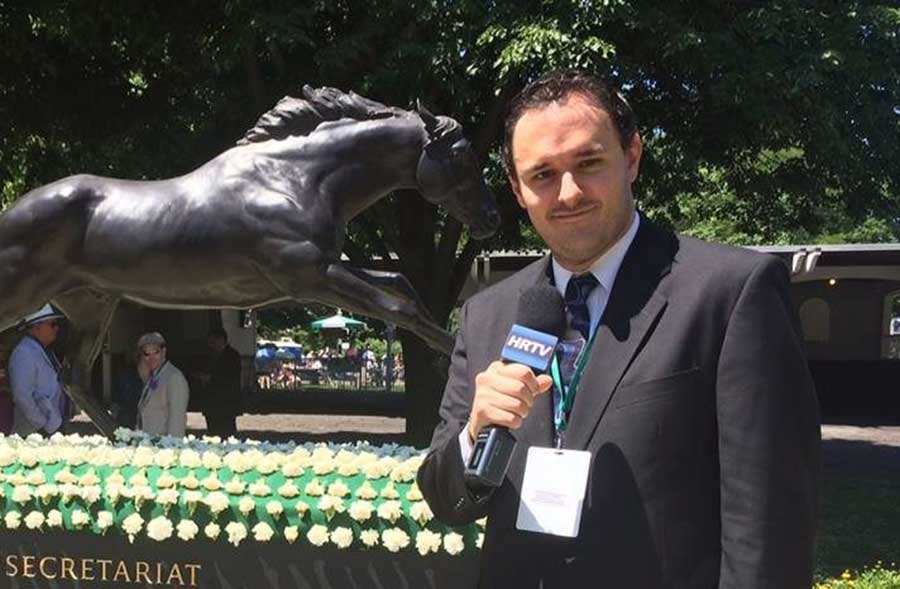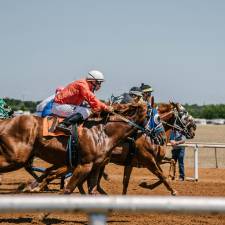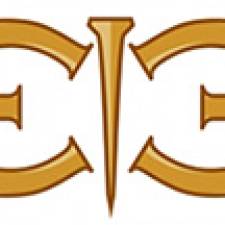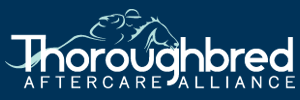
by Andrew Champagne
“What is a foul that merits disqualification?”
Like everyone else, I’ve been struggling to wrap my head around what happened Saturday afternoon at Churchill Downs. It’s something we’ve never seen before: The winner of the Kentucky Derby was disqualified for interference during the running of the race.
As the social media age dictates, reaction to the decision has been mixed and loud, and it’s not expected to quiet down anytime soon. Many people I like and respect voiced support for the unanimous decision that disqualified Maximum Security and elevated Country House to the top spot.
Many people I like and respect also thought it was a terrible, awful, no-good, very-bad call that disgraced the biggest race of the year.
My opinion is that the DQ was warranted. We can go on and on about this, but while Maximum Security didn’t bother Country House, his drifting nearly caused War of Will to clip heels, and Long Range Toddy was sandwiched as a result.
Maybe neither horse was winning, and maybe Country House was never getting by, but I don’t think any of that matters.
However, I’m writing this not to take one side or the other, but to put forth an alternate hypothesis. With all due respect to the writers, handicappers, and pundits that have voiced their opinions…I don’t think it matters what any of us think of the decision.
Why? Because there’s a bigger elephant in the room nobody wants to address that was front and center Saturday afternoon.
“What is a foul that merits disqualification?”
Ask that question to officials in Kentucky, New York, Florida, and California, and you’re going to get four different answers. By the letter of the rules in each state, infractions that merit disqualification in one state don’t necessarily merit disqualification in another.
This is even before the human element of the story comes into play (as a former TVG colleague states often, horse racing is the only sport where officials consult the athletes on whether or not to call a penalty).
If you bend or break the rules in any other sport, you know the penalty. If you’re a basketball player and you steamroll a defender whose feet are set, you lose the ball.
If you’re a catcher on a baseball team and you inch up to where the batter has no chance to hit the ball, the batter gets first base.
If you’re lined up on the football field and move before the ball is snapped, your team loses five yards.
“What is a foul that merits disqualification?”
Four states.
Four different answers.
One big problem.
A national racing commission is not the answer to horse racing’s abundance of issues. There are logical questions about who would run such a commission, and what groups would or would not be represented within it (any idea being floated around about this seems to shut out bettors; consciously done or not, that’s a big problem).
However, there is no reason why circuits cannot come together and implement one consistent code with regard to how races are ridden by jockeys and policed by stewards. At a time when racing is under a microscope for a variety of reasons, enacting such a code in the name of consistency, transparency, and fair play could only serve to benefit racing in any number of ways.
Gamblers would know what to expect in every single situation involving an inquiry or objection. Jockeys would know what not to do on the track, and how they would be punished for breaking the rules. The general public would see an effort to protect horses and riders, at a time when many concerned with safety are holding their collective breath every time fields go postward.
If circuits don’t trust one another (and let’s be honest, if they did, race scheduling would never be an issue), let the NTRA handle it. Put such a code into the guidelines of the safety accreditation process that every establishment goes through each year.
If you’re a track, and you want that accreditation, you’re going to play by these rules. If you don’t want those rules in place, that’s fine, but members of the public are going to know where you stand and draw their own conclusions.
My issue isn’t whether or not Maximum Security deserved to come down. My issue is that there was no clear, concise answer about how to attack this situation.
By the count of Horse Racing Nation editor Jonathan Lintner, it took 10 times longer to decide the outcome of the inquiry than it did to run the race. If there’s a code in place that everyone has to follow, from jockeys to stewards, there’s no subjectivity to the process, we all know what’s going to happen, and everything becomes much easier.
Following the race, one steward at Churchill Downs read a statement. She did not answer questions from the media or the public, and I do not have an issue with that. Stewards should not be spokespeople, just as referees should not speak to media covering their respective sports.
Leave that stuff to the suckers in marketing and public relations (hi, Ed DeRosa!).
Having said that, in the scrum of unanswered questions involving such entities as Kentucky taxpayers, to the best of my knowledge, nobody asked the one question I wanted answered.
“What is a foul that merits disqualification?”
Your guess is as good as mine.
Isn’t that a problem?
This article originally appeared on Andrew Champagne's website and is published here with permission.
Find more interesting articles in our section on Horse Racing/
Are you interested in promoting your business or sharing content on EIE? Contact us at info@equineinfoexchange.com













